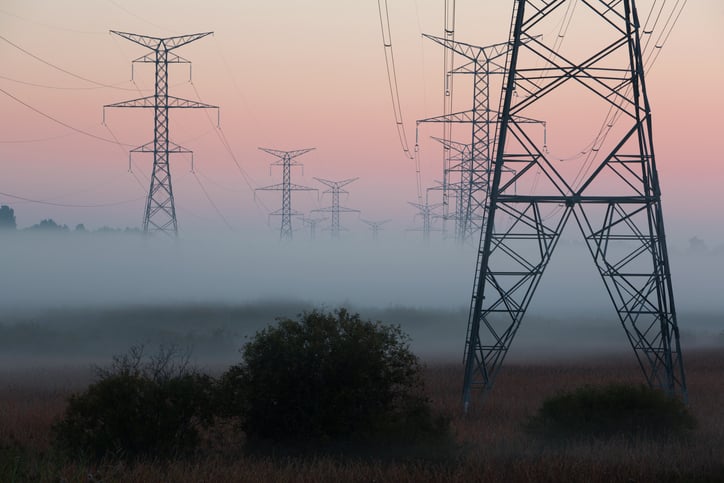Regen CEO, Merlin Hyman
If 2022 has shown us anything it is that predictions are a mugs game, however, here goes:
- 2023 will be the year where grid capacity for the energy transition becomes a major focus. The 15 year plus timetable to connect new generation or storage will force more political attention on to the critical role of our electricity infrastructure in net zero and reducing our reliance on volatile fossil fuel prices. That will lead to a more joined-up plan from a (soon to be independent and more influential) system operator and networks.
- I am going to be optimistic and predict that the rate of build out of renewables and flexibility will pick up after a slow few years, with solar and storage projects in particular reaching financial close, being installed and energised at higher rates. Unfortunately, I fear that energy efficiency and heat pumps will continue to see underinvestment and under delivery.
- Much of what we need for an energy transition is already established technology. However, green hydrogen, floating offshore wind and long duration storage are key energy transition technologies not yet at a fully commercial scale. So I am going to predict that we will see significant development of these technologies with new financial support mechanisms enabling greater focus on project development.
Tom Smout, senior associate for GB Power, Aurora
- Security of supply will be the defining issue of 2023. High prices will eventually come down, delayed decarbonisation can be finished at a later date, but the lights have to stay on and the government will want to prevent the threat of blackouts from looming large in the public consciousness.
- Big announcements will come for the CCS sector. As currently envisioned, the “Net” part of Britain’s “Net Zero” depends on the existence of BECCS, and the future of our conventional thermal fleet is increasingly tied to CCS projects. These projects will rely on government support to be viable.
- National Grid will push for a huge expansion of the transmission system. Achieving Net Zero by 2035 requires a massive expansion of the transmission system, and National Grid has never had as much support from industry to push for grid expansion as it does now, with connection prices and wait times creeping up and up.





